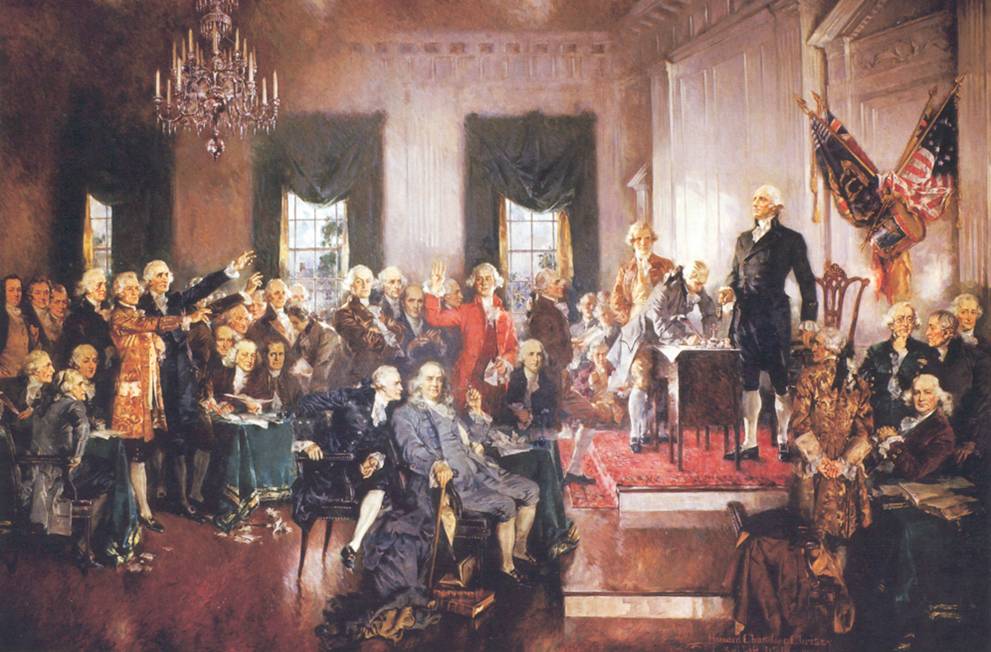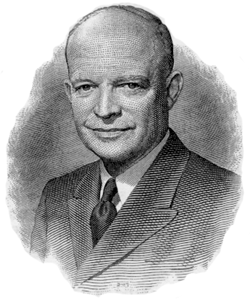
Friends of the Article V Convention
Are you aware that We The People are being denied our constitutional right to an Article V Convention to propose amendments, despite a whopping 400+ (or more) Article V applications from the state legislatures of 49 of all 50 states? We need your help. If you want to help reclaim our constitutional rights, then you have come to the right place.
What is the Issue and Our Mission?
Hello and welcome to Friends Of the Article V Convention (FOAVC). We are a non-partisan association of American citizens from every state comprised of a broad range of occupations,  ethnicities, religious affiliations and political persuasions. Our common bond and mission is a deep commitment to preserving the values and principles embodied in our founding documents - the Declaration of Independence and the Constitution of the United States of America - upon which this nation was founded.
ethnicities, religious affiliations and political persuasions. Our common bond and mission is a deep commitment to preserving the values and principles embodied in our founding documents - the Declaration of Independence and the Constitution of the United States of America - upon which this nation was founded.
Article V of the United States Constitution provides that Congress, "on the application of the Legislatures of two thirds of the several States, shall call a Convention for proposing Amendments...". The Founding Fathers of our nation recognized the importance of providing this means by which the citizens of our country could initiate amendments to change and/or clarify the Constitution; the fundamental document which they intended to be not only the blueprint for our federal system but also "the supreme Law of the Land".
The Founding Fathers described the obligation of Congress to call an Article V Convention as "peremptory". Alexander Hamilton, author of the final language in Article V, wrote in Federalist 85:
"In opposition to the probability of subsequent amendments, it has been urged that the persons delegated to the administration of the national government will always be disinclined to yield up any portion of the authority of which they were once possessed. For my own part I acknowledge a thorough conviction that any amendments which may, upon mature consideration, be thought useful, will be applicable to the organization of the government, not to the mass of its powers; and on this account alone, I think there is no weight in the observation just stated. I also think there is little weight in it on another account. The intrinsic difficulty of governing THIRTEEN STATES at any rate, independent of calculations upon an ordinary degree of public spirit and integrity, will, in my opinion constantly impose on the national rulers the necessity of a spirit of accommodation to the reasonable expectations of their constituents. But there is yet a further consideration, which proves beyond the possibility of a doubt, that the observation is futile. It is this that the national rulers, whenever nine States concur, will have no option upon the subject. By the fifth article of the plan, the Congress will be obliged "on the application of the legislatures of two thirds of the States [which at present amount to nine], to call a convention for proposing amendments, which shall be valid, to all intents and purposes, as part of the Constitution, when ratified by the legislatures of three fourths of the States, or by conventions in three fourths thereof." The words of this article are peremptory. The Congress "shall call a convention." Nothing in this particular is left to the discretion of that body. And of consequence, all the declamation about the disinclination to a change vanishes in air. Nor however difficult it may be supposed to unite two thirds or three fourths of the State legislatures, in amendments which may affect local interests, can there be any room to apprehend any such difficulty in a union on points which are merely relative to the general liberty or security of the people. We may safely rely on the disposition of the State legislatures to erect barriers against the encroachments of the national authority.
If the foregoing argument is a fallacy, certain it is that I am myself deceived by it, for it is, in my conception, one of those rare instances in which a political truth can be brought to the test of a mathematical demonstration. Those who see the matter in the same light with me, however zealous they may be for amendments, must agree in the propriety of a previous adoption, as the most direct road to their own object."
Despite the fact that 49 of all 50 state legislatures have submitted 400 (or more) applications (far in excess of the two-thirds requirement) requesting a convention call, Congress has ignored its constitutionally mandated duty. Some Americans fear a convention. This fear, based upon half-truths, myths and outright false hoods, helps to justify the congressional veto of direct constitutional text and denies the people their right to amend the Constitution without government interference or oversight. They say that such a gathering could become a "runaway" convention -- re-writing or over-turning parts or all of the Constitution. They ignore the fact that the Framers also provided a safety mechanism to prevent such a fiasco: all amendments proposed by the convention must be ratified by three-quarters of the states before they become effective. There is no danger that radicals on either side of the political spectrum could bring about such an outcome.
Not all in authority have opposed a convention however. President Abraham Lincoln in his first inaugural address, March 4, 1861 said:
"Continue to execute all the express provisions of our National Constitution, and the Union will endure forever, it being impossible to destroy it except by some action not provided for in the instrument itself..."
"This country, with its institutions, belongs to the people who inhabit it. Whenever they shall grow weary of the existing Government, they can exercise their constitutional right of amending it or their revolutionary right to dismember or overthrow it. I can not be ignorant of the fact that many worthy and patriotic citizens are desirous to have the National Constitution amended. While I make no recommendation of amendments, I fully recognize the rightful authority of the people over the whole subject, to be exercised in either of the modes prescribed in the instrument itself; and I should, under existing circumstances, favor rather than oppose a fair opportunity being afforded the people to act upon it. I will venture to add that to me the convention mode seems preferable, in that it allows amendments to originate with the people themselves, instead of only permitting them to take or reject propositions originated by others, not especially chosen for the purpose, and which might not be precisely such as they would wish to either accept of refuse."
President Dwight D. Eisenhower also supported an Article V Convention saying:
"Through their state legislatures and without regard to the federal government, the people can demand a convention to propose amendments that can and will reverse any trends they see as fatal to true representative government."
Yet fears remain and the myths persist. The antidote for any fear is knowledge, and education is the reason why FOAVC exists. Our goal is to inform all citizens about the convention clause in the Constitution and to provide an electronic town hall where the people can discuss the various issues pertaining to a convention in a calm and rational manner. Our ultimate objective is to generate the 'critical mass' necessary to convene an Article V Convention.
We invite you, all patriots and concerned Americans, to carefully review the articles, documents and discussion presented in these pages. If upon careful consideration you conclude, as we have, that an Article V Convention is necessary to preserve the Constitutional Republic - and to prevent Congress from vetoing the will of the people - we invite you to join FOAVC.
"The only thing necessary for evil to triumph is for good men to do nothing." --Edmund Burke

